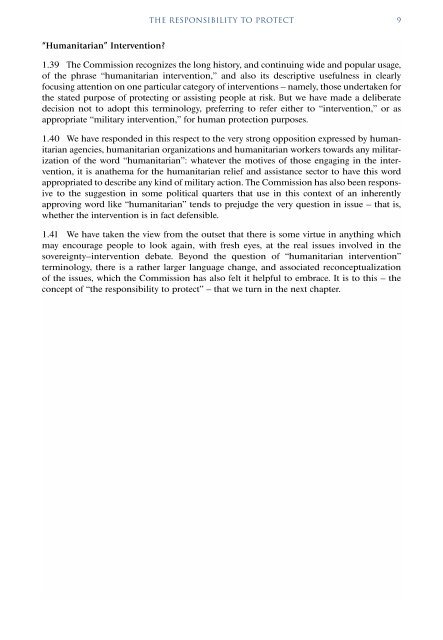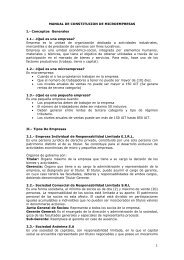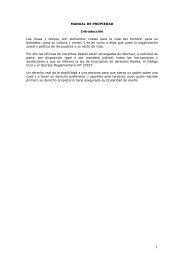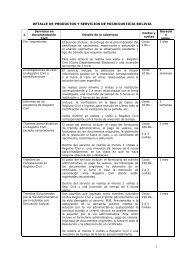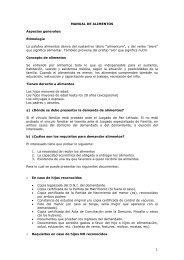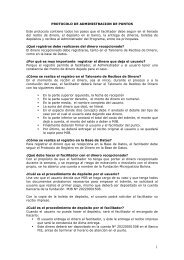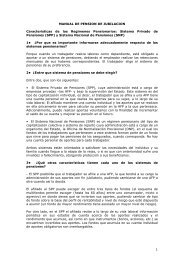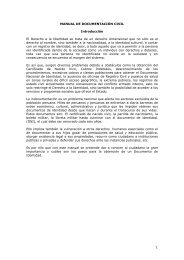ICISS report - International Coalition for the Responsibility to Protect
ICISS report - International Coalition for the Responsibility to Protect
ICISS report - International Coalition for the Responsibility to Protect
You also want an ePaper? Increase the reach of your titles
YUMPU automatically turns print PDFs into web optimized ePapers that Google loves.
The <strong>Responsibility</strong> <strong>to</strong> <strong>Protect</strong> 9<br />
“Humanitarian” Intervention?<br />
1.39 The Commission recognizes <strong>the</strong> long his<strong>to</strong>ry, and continuing wide and popular usage,<br />
of <strong>the</strong> phrase “humanitarian intervention,” and also its descriptive usefulness in clearly<br />
focusing attention on one particular category of interventions – namely, those undertaken <strong>for</strong><br />
<strong>the</strong> stated purpose of protecting or assisting people at risk. But we have made a deliberate<br />
decision not <strong>to</strong> adopt this terminology, preferring <strong>to</strong> refer ei<strong>the</strong>r <strong>to</strong> “intervention,” or as<br />
appropriate “military intervention,” <strong>for</strong> human protection purposes.<br />
1.40 We have responded in this respect <strong>to</strong> <strong>the</strong> very strong opposition expressed by humanitarian<br />
agencies, humanitarian organizations and humanitarian workers <strong>to</strong>wards any militarization<br />
of <strong>the</strong> word “humanitarian”: whatever <strong>the</strong> motives of those engaging in <strong>the</strong> intervention,<br />
it is ana<strong>the</strong>ma <strong>for</strong> <strong>the</strong> humanitarian relief and assistance sec<strong>to</strong>r <strong>to</strong> have this word<br />
appropriated <strong>to</strong> describe any kind of military action. The Commission has also been responsive<br />
<strong>to</strong> <strong>the</strong> suggestion in some political quarters that use in this context of an inherently<br />
approving word like “humanitarian” tends <strong>to</strong> prejudge <strong>the</strong> very question in issue – that is,<br />
whe<strong>the</strong>r <strong>the</strong> intervention is in fact defensible.<br />
1.41 We have taken <strong>the</strong> view from <strong>the</strong> outset that <strong>the</strong>re is some virtue in anything which<br />
may encourage people <strong>to</strong> look again, with fresh eyes, at <strong>the</strong> real issues involved in <strong>the</strong><br />
sovereignty–intervention debate. Beyond <strong>the</strong> question of “humanitarian intervention”<br />
terminology, <strong>the</strong>re is a ra<strong>the</strong>r larger language change, and associated reconceptualization<br />
of <strong>the</strong> issues, which <strong>the</strong> Commission has also felt it helpful <strong>to</strong> embrace. It is <strong>to</strong> this – <strong>the</strong><br />
concept of “<strong>the</strong> responsibility <strong>to</strong> protect” – that we turn in <strong>the</strong> next chapter.


